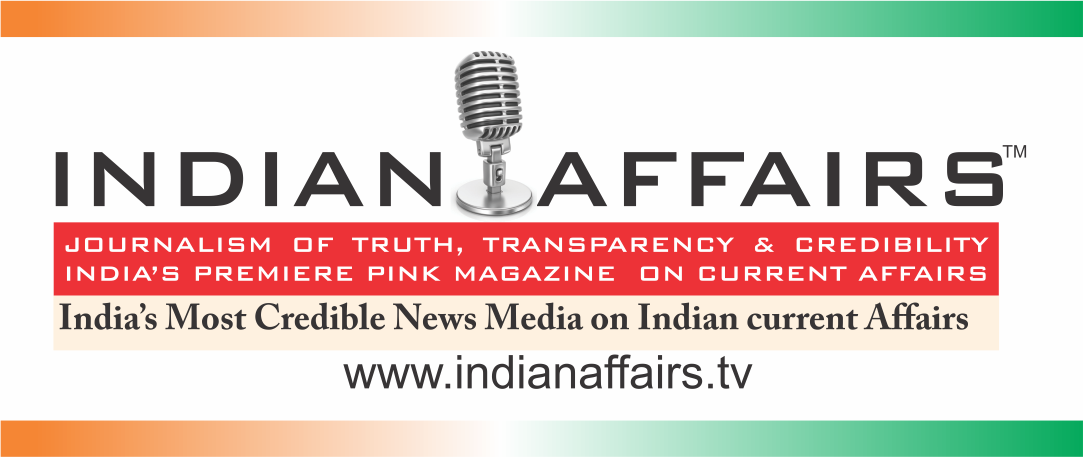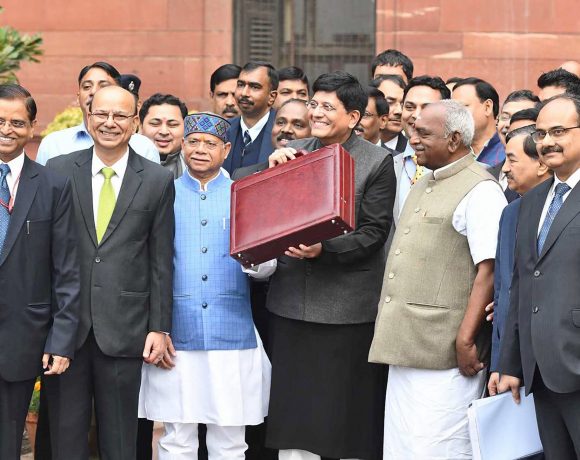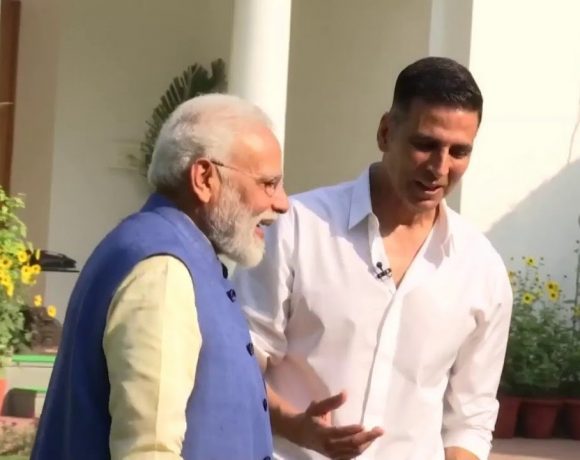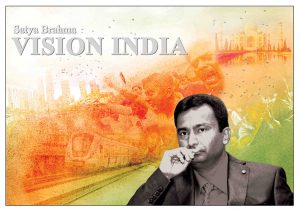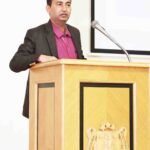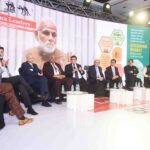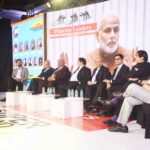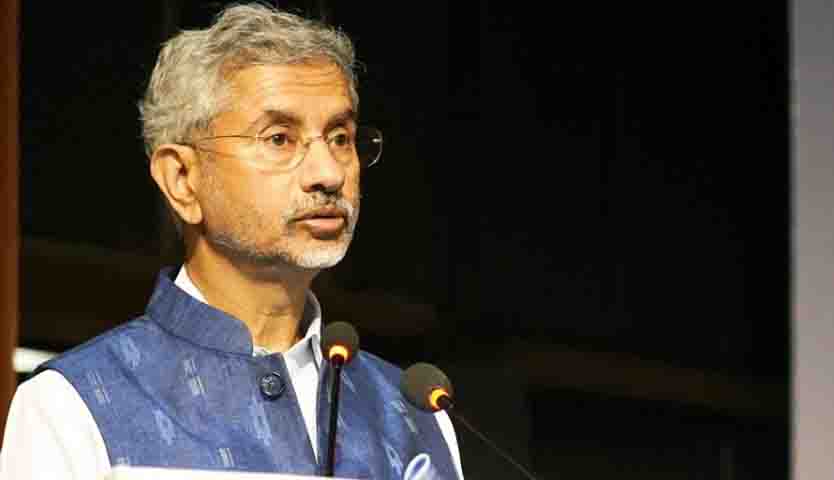

It is a great pleasure to address this conference about the emerging geopolitical landscape that characterizes the decade that the world is poised to enter. It is a subject of intense argumentation, perhaps not yet of adequate consensus. This includes transformational changes in politics, economics, technology, climate, etc. over the last twenty years – in fact, of our very mindsets. Many of us are still unable to come to terms with the declining shelf-life of the old post-1945 order. It is an even bigger challenge to fully recognize the elements which drive the one in the making. Assumptions of various dimensions are being questioned, at home as well as abroad. What we can just about agree upon is that the world is in the midst of a real transition. But our reading of the directions we head perhaps depend more on our own preferences, interests, viewpoints and hopes. There can be, therefore, no better time to debate them.
2. If the head table stands seriously disturbed, then it is only to be expected that the rest of the room will be in even greater flux. And that is the state today with the global order as we struggle to absorb a nationalistic America, a rising China, a divided Europe, a re-emerging Russia, a normalizing Japan, an insecure ASEAN, and an even more disturbed Middle-East. Other continents and regions are not without their own challenges, including ours. Economic rebalancing has now started to translate into its political manifestation. And that means a fundamental overhaul of the global architecture. For a nation like India that till now has had to manoeuvre against binary or unilateral dominance of other powers, this calls for a much more complex and nuanced strategy. At the same time, our own capabilities and stakes in the world outside have grown significantly. Others have started treating us as a player – and sometimes as a competitor – in a manner for which there is little recent precedent. How to increase our likes and minimize our dislikes is today a diplomatic objective, even as we seek to secure our interests and enhance our influence.
3. This rebalancing of the world takes place accompanied by growing nationalism across vast geographies. There is no question that the overall mood is more competitive; some would say more selfish. The very nature of politics has changed in different societies and the disapproval of those who lost out does not make it less legitimate. Obviously, every region and probably every nation has its own individual explanation. The causes can be as different as the effect. The net result, however, is a weaker collective and a greater dispersal of power. Multilateralism is one of the casualties as big powers disregard rules in pursuit of national objectives. Quite independently, alliance cultures have also eroded visibly due to the changed demeanour of the United States. Overall, global consideration and decision-making is much less coagulated than before. This not only reduces the salience of the great powers but gives more room to the middle ones, especially in the exercise of regional influence. We see that very visibly for example in the Gulf and North Africa. As players behave more nationally and agendas become more complex, plurilaterals have emerged as the mechanism to fill the gap left by weaker multilateralism and eroding alliance cultures. Convergence emerges as an adequacy standard for nations to work together. Given its history of independence and flexibility, perhaps it is only logical that India should emerge as an industry leader in this regard, whether it is the RIC, SCO, Quad or JAI.
4. The impact on the global commons of these changes has been profound. At one level, there is the reality of global supply chains and transnational capabilities that transcend Westphalian lines. But at a time when the challenges of climate change, terrorism, connectivity, maritime security, pandemics and digital vulnerability extend beyond borders, the inclination and ability to work together is paradoxically declining. The prospect of addressing new domains of concern such as cyber or space is less now when it should be more. The implications of the change in American posture on international commitments cannot be overstated, given that this was a key element of the post-1945 order. That other major powers have not moved beyond their national objectives indicates that the resulting deficit will remain unfilled. For its part, India has stood out as a country willing to do much more, even with its limited though growing resources. But the problem remains for the world in the foreseeable future.
5. Economic challenges offer even less ground for complacency. In the last many years, the world trading system has felt the pressure of gains that some accrued from structural advantages. At a stage, it had to turn political; it finally did. But today, this argument extends beyond to non-trade domains like connectivity projects, technology choices, data protection and security as well as IPR adherence. All of them have strategic connotations and to pretend otherwise is only to delude ourselves. In fact, for that very reason we have started a Technology Division in MEA. Therefore, navigating the economic world will be no less complex than the political one. Here too, nations will strive to optimize outcomes and bridge divides as they pursue their national objectives. For India, there will be the additional challenge in a more digitized world – to create the new partnerships and foster greater mobility to service a knowledge economy. Fashioning an appropriate diplomacy for tackling this set of issues is clearly a priority.
6. The world has a growing interest in India becoming an additional engine of growth. It is also amenable to harnessing the reservoir of talent that India could provide with the passage of time. Particularly so as it is democratic talent that is sensitive to the culture of rules. Our strong commitment to realizing Sustainable Development Goals is deeply appreciated, including for its global significance. Whether it is in terms of technology, best practices or resources, there is a proclivity to partner with a nation whose prospects are clearly so assured. Our challenge is to enhance the pull factor by undertaking deep reforms and addressing longstanding governance issues. Our economic engagement with the world also requires careful deliberation and effective preparation lest we end up eroding our own capacities. How to do that best in this emerging geopolitical landscape is a complex exercise that deserves serious strategizing.
7. The last few years have demonstrated a growing Indian capacity to contribute to the global discourse and make a difference to international outcomes. We have significantly shaped the connectivity debate at a time when the world was still confused. And backed that up with a plethora of projects, including in our immediate neighbourhood. Our single-minded campaign against terrorism has brought that issue into sharp focus in key world forums, including the G-20. Where maritime security is concerned, India has emerged as a key player, especially in the Indian Ocean. Our collaborative efforts at monitoring white shipping, strengthening surveillance and patrolling capabilities and preparing for disaster situations have been notable. We are today widely perceived as among the first responders to HADR situations. Initiatives like the International Solar Alliance and the Coalition for Disaster Resilient Infrastructure underline how much we contribute in combating a global challenge like climate change. At the political level, our confidence in overcoming the hesitations of history has opened up new space. Strategic clarity has helped to take advantage of that more effectively. Overall, the Indian persona is much more in evidence in a variety of ways. Our footprint has visibly grown in Africa, whether it is through new Embassies and serious political attention or greater development assistance and expanded training. Indeed, this combination of significant engagement and deeper collaboration that extends from the Caribbean to the Pacific Islands prepares us for a global mindset in the coming years. The world may be on the threshold of a new decade; but India is poised to enter the next phase of its own evolution.
8. After a generation of extolling the virtues of globalization, we are today in a fractured world with polarized debates. Not only has the landscape become more difficult but the very articulation of interests has come under challenge. Competition is not just amongst states but often within them, reflecting the tension between the older order and the emerging one. When ideologies, identities and history mix with business, politics and strategy, it can create a very potent cocktail. But the need of the hour remains more sober conversations. And I am glad that this CPR Dialogue today helps to meet that demand. I thank you for your attention and wish you all a productive day ahead.
